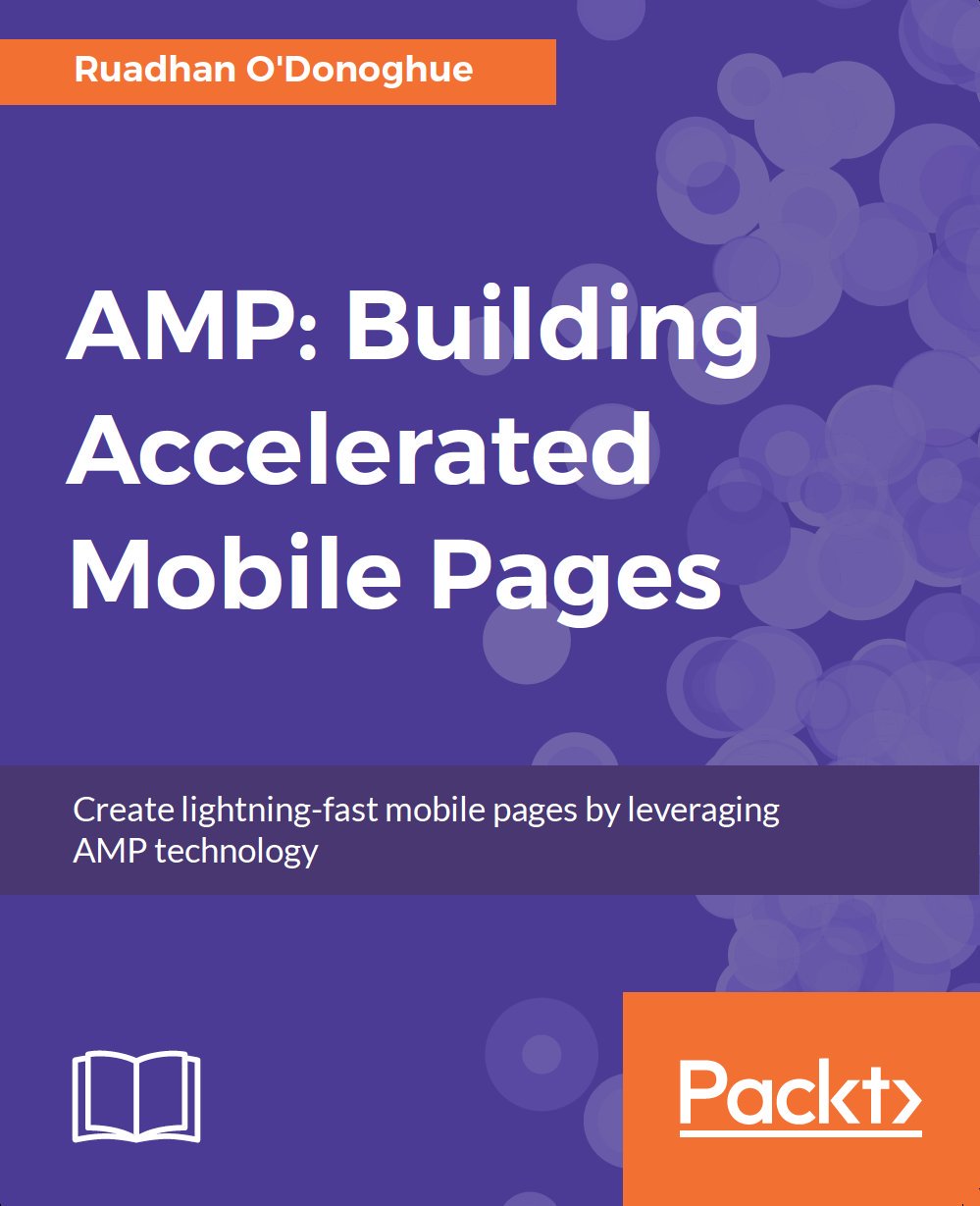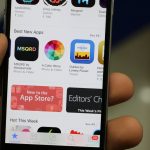writing
I write a lot about web and mobile web technologies, mostly blog posts on mobiForge. I've also written one book, and co-authored another.
I write a lot about web and mobile web technologies, mostly blog posts on mobiForge. I've also written one book, and co-authored another.
These are the books I've written and contributed to:

The first, and to-date, only book about Google's AMP technology.

Co-authored.
These are some of my most recent posts...

Today’s devices pack in a vast array of sensors that gather data about the device and the world around it. For web applications, access to these sensors has grown over time through the addition to the browser of various sensor APIs such as the Geolocation API, and the DeviceOrientation Events API. Such APIs have been

Google just rolled out a mobile “Speed Update” that affects mobile search rankings. You might be wondering what that means for you. What is the “Speed Update”? Page speed is now a ranking factor for mobile pages. Faster pages will rank higher. Everything else being equal, the faster of two pages will rank higher in

Google’s mobile-first index is rolling out. If you’ve signed up to Google’s Search Console / Webmaster Tools you might already have received a notification “Mobile-first indexing enabled” for http://your-site.com. If you haven’t received the notification, you probably will soon. So, what does it mean? What is the mobile-first index? It’s a mobile-centric re-organisation of Google’s

Now that Progressive Web Apps (PWAs) are supported on all major browsers, and are becoming first-class installable citizens on mobile and desktop platforms alike, and with the launch of Google’s PWA .app domain, we thought it would be useful to outline a PWA checklist to meet the minimum requirements of a PWA. The result is
We’ve written a bit in the past about the negative impact of sharing buttons on performance. What if there was a better way? Let’s talk about the Web Share API. What is the Web Share API? The Web Share API offers something of an alternative. It’s an API developed by Google to expose the native

The latest web browser to hit your phone comes from Amazon, and it’s called Internet. It follows the recent trend of “lite” versions of products aimed at emerging markets and patchy networks—India in this case—and joins other “lite” products like Google Maps Go, and Facebook Lite, that offer slimmed down versions for these markets. With

Significant steps are being taken by the AMP team to address the main criticisms that are repeatedly cast at the project. Plans are in place, or at least forming, to allow non-AMP technologies to enjoy the same search results page benefits as AMP pages. Is it too good to be true? Let’s take a look
Favicons: they used to be so easy. A simple 16×16 pixel favicon.ico bitmap used to do the trick. It was like a punctuation mark at the end of a project; the web developer equivalent of finishing a sentence with an exclamation mark or a full stop. That’s how it used to be. But over the

PWAs are here, or are arriving very soon, depending on which web browser you use. This isn’t really news if you’ve been following along with the PWA story. However, with WebKit’s implementation of Service Workers and Web App Manifest, one major lingering question over the future of PWAs has been answered: Will PWAs ever come

As we close in on 2018, it’s that time of year again when we reflect on what’s happened. 2017 has turned out to be another great year for the web. 2017: The year of the PWA There were lots of PWA good-news stories in 2017. We saw PWAs start to be distributed in platform app